Morrissey’s sixth single, ‘November Spawned a Monster’ was released in April 1990. The song was written by Morrissey and Clive Langer, and features former Smiths bassist Andy Rourke. The single reached number 12 on the UK Singles Chart.
The track appears on Morrissey’s 1990 Bona Drag compilation album.
In Australia, ‘November Spawned a Monster’ was released as a backing track on the ‘Certain People I Know’ single, which was issued in February 1993. The song appears on a limited edition CD format of the Australian single.
The song was recorded during the course of the Bona Drag sessions at Hook End Manor in the winter of 1989 into 1990, with producers Clive Langer and Alan Winstanley. Morrissey’s former bandmate Andy Rourke played bass on the recorded track, along with Kevin Armstrong (guitar), and Andrew Paresi (drums). Mary Margaret O'Hara1 provided the 'screams' heard in the song's bridge.
A promotional music video was shot for ‘November The Second’, which was also released in April 1990. Directed by Tim Broad, the video is decidedly incongruent with respect to the song’s subject matter. Morrissey, clad in a sheer black zip-up shirt, is seen enegenicaly dancing throughout in a desert landscape (there are also a couple of brief shots of him standing amidst a copse of dead trees). The viewer is given a brief glimpse of Morrissey’s bare chest, with an adhesive bandage over his left nipple. This is followed by a shot of Morrissey “playing” a chocolate bar as one would a harmonica, and finally a longer panning shot of a bare-chested Morrissey standing still, hands in pockets, head turned to the right with a piece of fruit (or balled-up article of clothing) fixed firmed in his mouth! The import of these disparate images, as well as a hyper-mobile Morrissey, is unknown (and frankly, quite bizarre). Watch the video here:
The song describes the troubles of a disabled woman. Morrissey uses words such as “monster” and “twisted” to attempt to create a mix of revulsion, sympathy and black comedy. French poetic novel Les Chants de Maldoror2 (chant 2, verse 7), in which a hermaphrodite perceives himself as a monster and dreams of love3, is a clear influence in the song’s lyrics.
Of all the months of the year, why did Morrissey choose November as the date of the spawning of the “Monster”? It is likely a nod to Mary Wollstonecraft Shelley's novel Frankenstein, as this is the month that the creature comes to life:
"It was on a dreary night of November that I beheld the accomplishment of my toils. With an anxiety that almost amounted to agony, I collected the instruments of life around me, that I might infuse a spark of being into the lifeless thing that lay at my feet. It was already one in the morning; the rain pattered dismally against the panes, and my candle was nearly burnt out, when, by the glimmer of the half-extinguished light, I saw the dull yellow eye of the creature open; it breathed hard, and a convulsive motion agitated its limbs."4
As previously mentioned, ‘November Spawned a Monster’ features backing vocals from Mary Margaret O'Hara; specifically, the screams heard in the song's bridge. As Morrissey explained in a 1990 interview, "She's the oddest most eccentric person I've ever met, I went into the vocal booth and said 'Just simply give birth', which she most expertly did, while I stood behind with a mop and a bucket".
Musically, the song stands apart from most of Morrissey’s oeuvre with its unique sound and composition, which is complemented by its highly unusual lyrical content concerning the personal challenges of a disabled woman. Significantly, a ray of hope emerges in the track’s final lines, turning its bleak direction on its head:
Oh one fine day
LET IT BE SOON
She won't be rich or beautiful
But she'll be walking your streets
In the clothes that she went out
And chose for herself
At the time of its release, music critics generally held the song in especially low regard. A good example of this is what the NME had to say in its October 1990 review:
“‘November’ is a huge error of judgment. Though the tune is quite gritty in parts, the mood is morbid and cheerless, untouched by the wit and pathos that characterises most of Moz’s work. It’s yards too long, has no discernable tune and has that ghastly middle but where May M O’Hara gurgles over what sounds like an old Genesis track. Callous bad taste or plaint dumb; either way it’s what we expect from some art nitwit like Lydia Lunch and not the most singular pop talent of his generation.”
The passage of time seems to have softened perceptions of ‘November Spawned a Monster’, as evidenced by this retrospective review5:
"…one of the most powerful of Morrissey's solo career, with a relentless, just off-kilter enough rock chug supporting an empathetic lyric about a young girl suffering from physical deformity."
For himself, Morrissey has said in Autobiography that "November spawned a monster [is] a pivotal allegro of agitation whose sumptuousness frees me from the recent past."
‘November Spawned a Monster’ was remixed subsequent to its initial recording with the intention of releasing it as a dance-club friendly promotional record to DJ’s and music clubs under the title ‘November The Second’. This endeavor was undertaken in the hopes of enhancing the sales of the single. However, the release of ‘November The Second’ was shelved. Notably, the cancelation of the record in 1990 was so precipitate that no cover art was ever created for it.
While vinyl test pressings were printed, only a handful of these single-sided 12-inch 'white label' records are thought to have ever been produced in 1990, and survivors are ultra rare. At least one of the original vinyl ‘November The Second’ records is extant (currently in the hands of a private collector). The runout on Side-A of the record is hand-etched with "TERRACE STOMP" (an obvious reference to English actor Terence Stamp).
Record Collector magazine has listed 'November The Second' at no. 45 on its list of the top 200 rarest records.
Listen to 'November The Second' here:
‘November The Second’ was finally released in October of 2010 as a backing track on the re-issue of the ‘Everyday Is Like Sunday’ single (CD format in Europe)
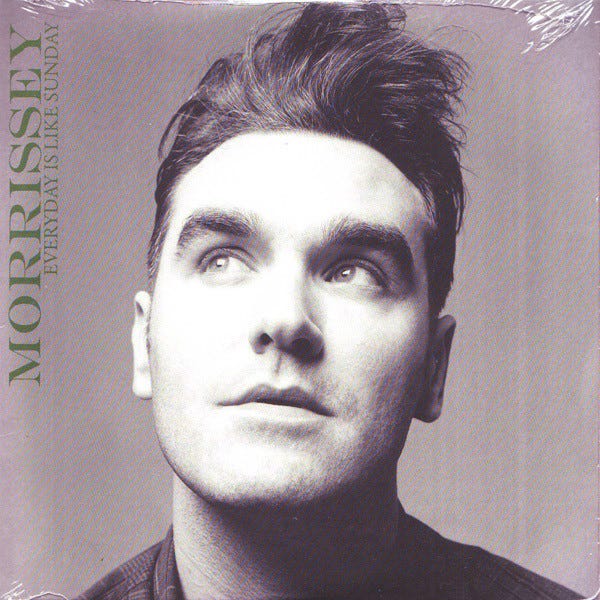
Les Chants de Maldoror (The Songs of Maldoror) was written and published between 1868 and 1869 by the Comte de Lautréamont, the nom de plume of the Uruguayan-born French writer Isidore Lucien Ducasse. The work concerns the misanthropic, misotheistic character of Maldoror, a figure of evil who has renounced conventional morality. Ducasse died in 1870 at the age of 24.
“There, in a grove surrounded by flowers, sleeps the hermaphrodite, deeply asleep on the grass, wet with his tears[…] Tired of life, and ashamed of walking among beings who do not resemble him, despair has won his soul, and he goes alone, like the beggar of the valley. How does he procure the means of existence? Compassionate souls watch over him closely, without his being aware of this surveillance, and do not abandon him: he is so good! he is so resigned! He willingly speaks sometimes with those who have a sensitive character, without touching their hand, and keeps himself at a distance, in fear of an imaginary danger. If he is asked why he has taken solitude for a companion, his eyes rise to the sky, and with difficulty restrain a tear of reproach against Providence; but he does not answer this imprudent question, which spreads, in the snow of his eyelids, the redness of the morning rose. If the conversation is prolonged, he becomes anxious, turns his eyes towards the four points of the horizon, as if seeking to flee the presence of an invisible enemy who is approaching, makes a sudden farewell with his hand, moves away on the wings of his awakened modesty, and disappears into the forest. […] When he sees a man and a woman walking in some avenue of plane trees, he feels his body split in two from bottom to top, and each new part goes to embrace one of the walkers; but, it is only a hallucination, and reason does not take long to regain its empire. This is why he does not mingle his presence, neither among men, nor among women; because his excessive modesty, which has come to light in this idea that he is only a monster, prevents him from granting his burning sympathy to anyone. He would believe he was profaning himself, and he would believe he was profaning others. His pride repeats to him this axiom: ‘Let each one remain in his nature.’ His pride, I said, because he fears that by joining his life to a man or a woman, he will sooner or later be reproached, as an enormous fault, for the conformation of his organization. Then, he withdraws into his self-esteem, offended by this impious supposition which comes only from him, and he persists in remaining alone, in the midst of torments, and without consolation. There, in a grove surrounded by flowers, sleeps the hermaphrodite, deeply asleep on the lawn, wet with his tears […] He dreams that he is happy; that his corporeal nature has changed: or that, at least, he has flown away on a purple cloud, towards another sphere, inhabited by beings of the same nature as himself. Alas! may his illusion continue until the awakening of dawn! He dreams that the flowers dance around him in a circle, like immense, wild garlands, and impregnate him with their sweet perfumes, while he sings a hymn of love, in the arms of a human being of magical beauty. But, it is only a twilight vapor that his arms intertwine; and, when he wakes, his arms will no longer intertwine him. Do not wake, hermaphrodite; do not wake yet, I beg you. Why will you not believe me? Sleep ... sleep always. Let your chest heave, in pursuit of the chimerical hope of happiness, I allow you; but, do not open your eyes. Ah! do not open your eyes! I want to leave you like this, so as not to witness your awakening. Perhaps one day, with the help of a voluminous book, in moving pages, I will tell your story, terrified by what it contains, and the lessons that emerge from it. Until now, I have not been able to do so; for, each time I have wanted to, abundant tears fell on the paper, and my fingers trembled, without it being from old age. But, I want to have this courage in the end. I am indignant at having no more nerves than a woman, and of fainting, like a little girl, each time I reflect on your great misery. Sleep ... sleep always; but do not open your eyes! […]He dreams that the flowers dance around him in a circle, like immense wild garlands, and impregnate him with their sweet perfumes, while he sings a hymn of love, in the arms of a human being of magical beauty. But, it is only a twilight vapor that his arms intertwine; and, when he wakes, his arms will no longer intertwine him. Do not wake up, hermaphrodite; Do not wake up yet, I beg you. Why will you not believe me? Sleep ... sleep always.”
Chapter 5, Page 58
Raggett, Ned, AllMusic

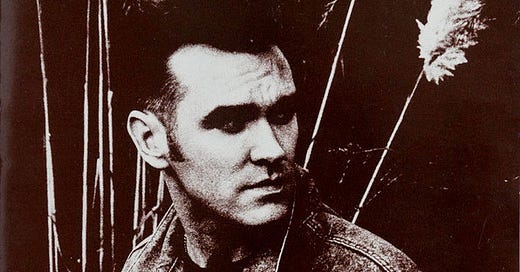



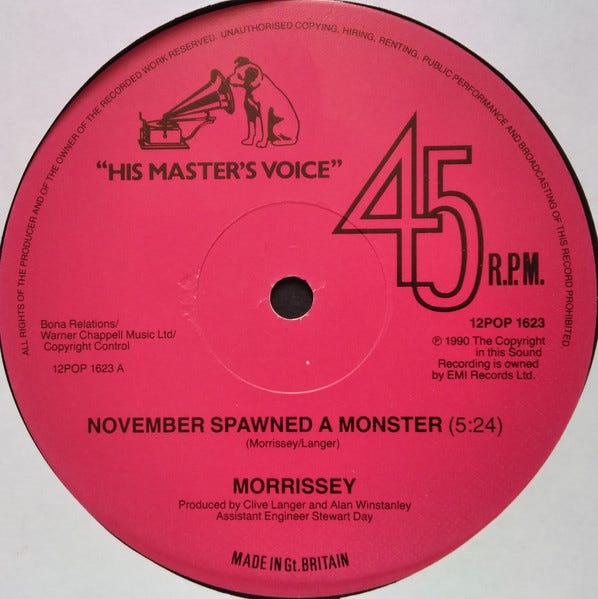
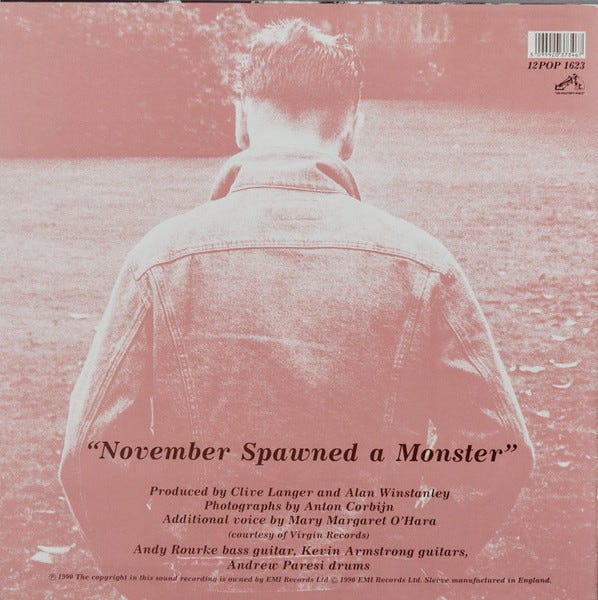


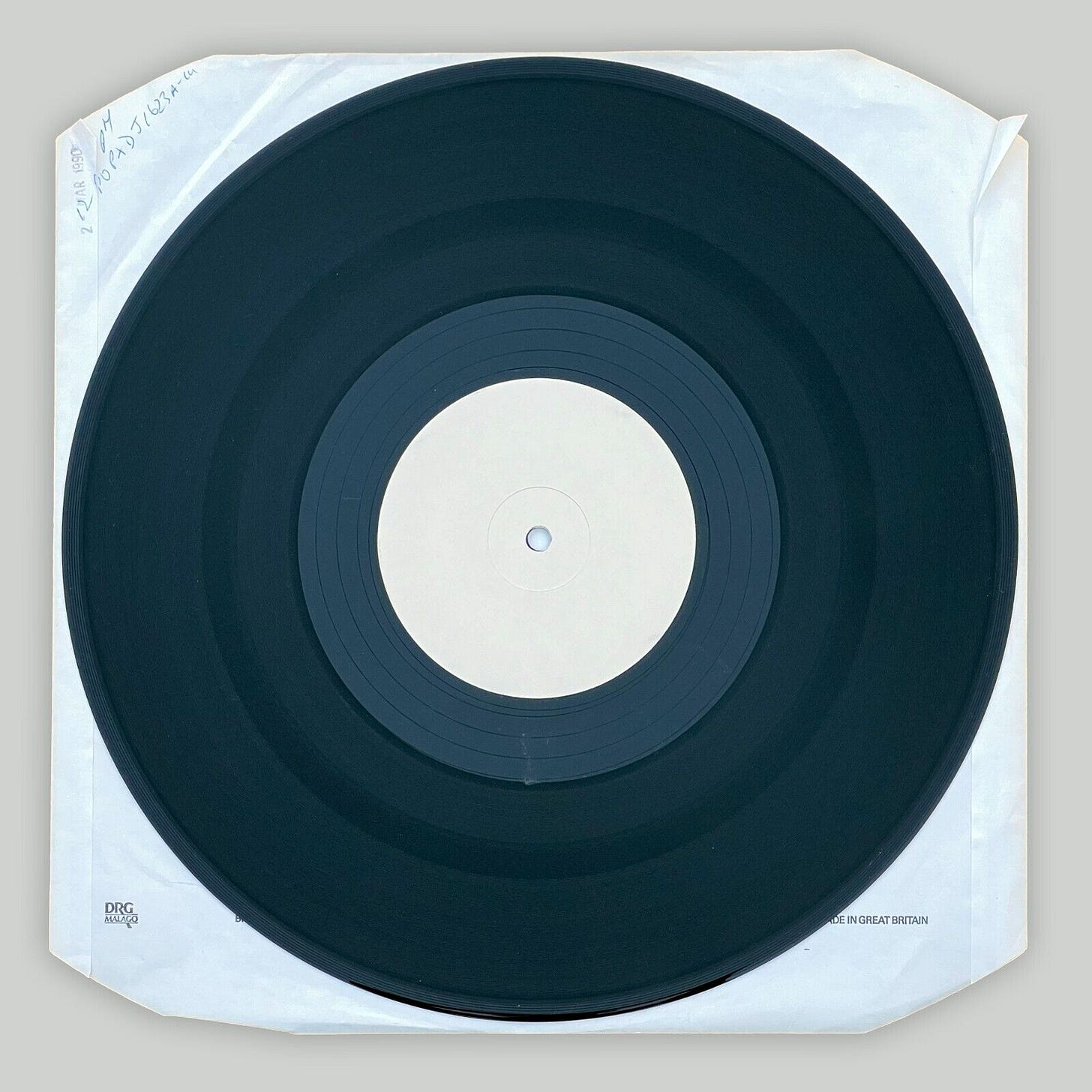
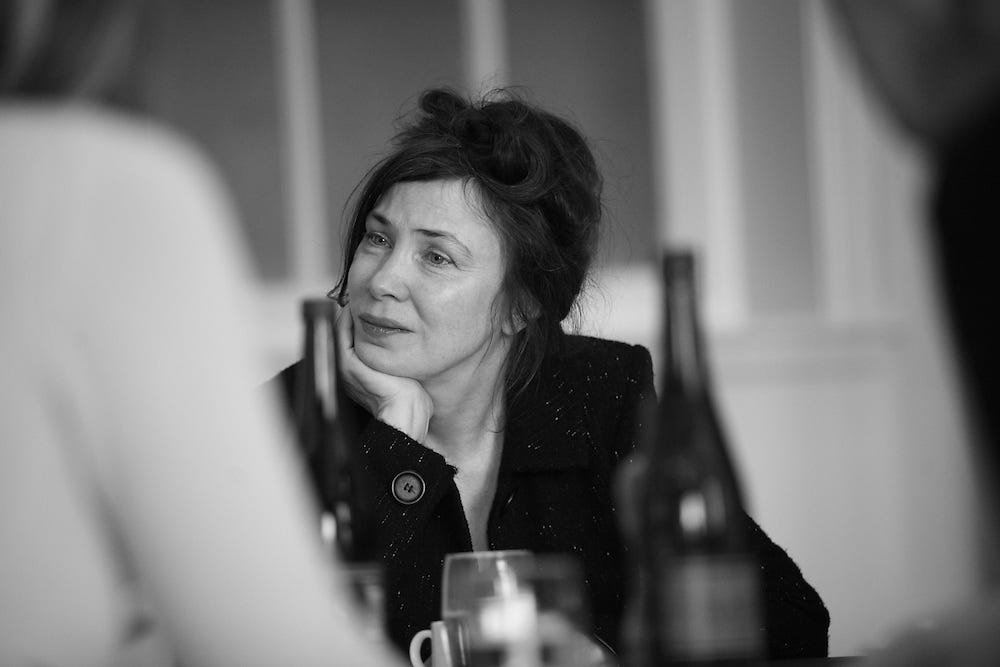

Damn, that's a good tracklist for the Australian release.
Wow, I need to read Chants De Maldoror. Fantastic passage at the end.